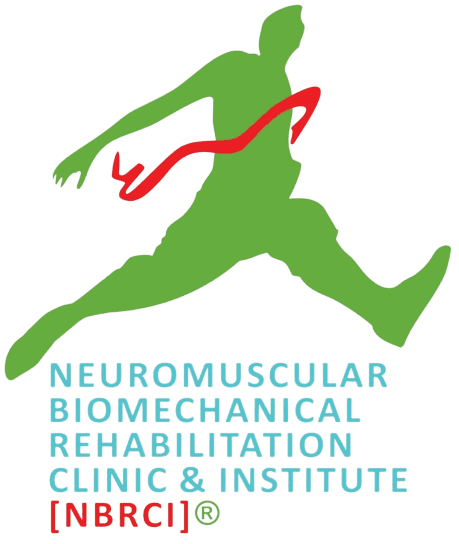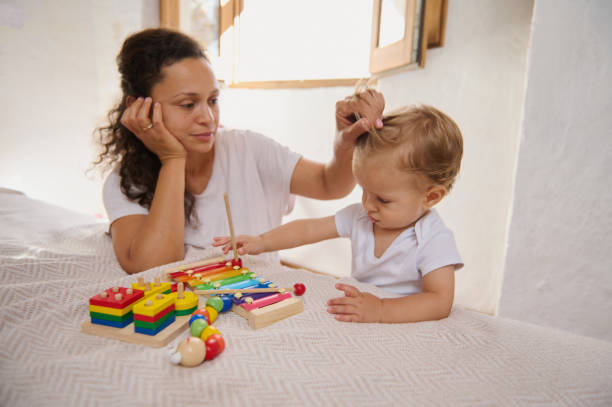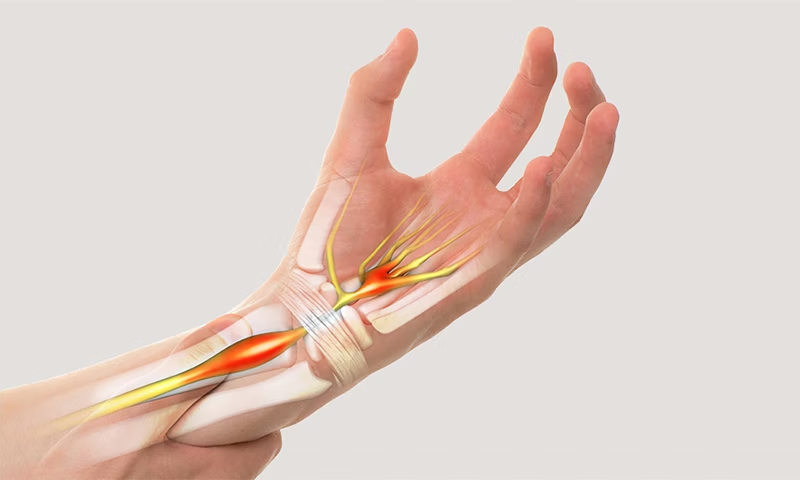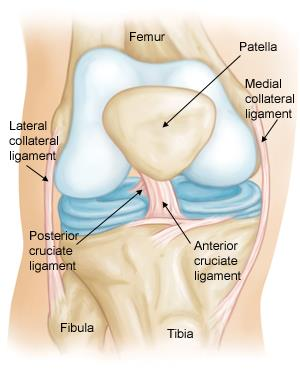Understanding Developmental Delay: Guidance from NBR Clinic
Every child grows and develops at their own pace, but when certain milestones are noticeably delayed, it could be a sign of a developmental delay. This term refers to a condition in which a child does not reach developmental benchmarks in one or more areas—such as physical movement, speech and language, cognition, or emotional and social skills—within the expected time frame. At NBR Clinic, Dr. Riaz Ahmed offers expert care and early intervention strategies that can make a life-changing difference for children and their families.
What is Developmental Delay?
Developmental delay is not a single diagnosis but rather an umbrella term used when a child’s progress is significantly slower than expected for their age. It can be global, affecting multiple areas of development, or specific, limited to just one area like speech or motor skills. It’s crucial to understand that delays don’t always mean permanent disability; many children with early delays catch up with timely support and therapy.
Some children might take a little longer to walk, talk, or interact socially compared to others. However, when these delays persist or interfere with daily functioning, professional assessment becomes essential. The goal is not just to label the delay but to understand its cause and find ways to support the child’s growth.
Early Signs to Watch For
Recognizing the signs of developmental delay early can significantly improve outcomes. Parents might notice that their child is not responding to their name, not babbling or forming words by an expected age, or showing trouble with coordination and balance. Some children may have difficulty learning new things or engaging with others. Emotional regulation, play skills, and the ability to follow simple instructions can also be affected.
At NBR Clinic, Dr. Riaz Ahmed emphasizes that even small signs can be important. What may seem like a phase or minor issue could benefit from a professional look, especially if a child is falling behind in more than one developmental area.
Possible Causes of Developmental Delay
There are many reasons a child might experience developmental delay, and these can be broadly categorized into genetic, environmental, and neurological causes. Conditions such as Down syndrome, Fragile X syndrome, and other chromosomal disorders can impact developmental progress from an early age. Complications during pregnancy or birth—like prematurity, low birth weight, or lack of oxygen—may also contribute.
Additionally, factors such as poor nutrition, exposure to harmful substances like lead, or lack of a stimulating home environment can play a role. Neurological disorders like cerebral palsy or autism spectrum disorder often present with signs of developmental delay. At NBR Clinic, we conduct thorough assessments to identify the root causes and offer a personalized care plan for each child.
Diagnosis and Assessment at NBR Clinic
Diagnosing developmental delay involves much more than observing a child’s behavior. It includes structured evaluations using standardized developmental screening tools, cognitive and physical assessments, and in some cases, hearing or vision tests. Parental observations and concerns play a critical role during this process.
Dr. Riaz Ahmed and his team at NBR Clinic adopt a multi-disciplinary approach. Whether it’s evaluating speech patterns, physical milestones like sitting and walking, or social responsiveness, our comprehensive assessments help build a clear understanding of the child’s strengths and challenges.
The Importance of Early Intervention
Early intervention is the cornerstone of managing developmental delay effectively. The earlier the support begins, the better the chances of minimizing the impact of the delay. Depending on the child’s needs, therapy may involve speech-language therapy, occupational therapy, physical therapy, or behavioral therapy.
At NBR Clinic, we design customized programs that focus on developing specific skills and boosting overall confidence. For instance, children with speech delays benefit from therapy that encourages language development, comprehension, and articulation. Those with motor delays may need guided exercises to build coordination and strength.
Dr. Riaz Ahmed works closely with parents, educators, and therapists to ensure continuity of care and consistent progress across all environments—home, school, and the clinic.
Role of Parents in Supporting Development
Parents are a child’s first and most important teachers. Creating a nurturing, structured, and engaging home environment can significantly enhance the effects of therapy. Talking to your child, reading together, playing interactive games, and encouraging exploration are small but powerful ways to support development.
In addition to professional therapies, NBR Clinic provides parent training sessions where families learn how to implement simple but effective strategies at home. These include techniques for communication, behavior management, and stimulation tailored to the child’s unique developmental level.
When Should You Seek Help?
It’s common for parents to wonder whether their child’s slower development is just a phase. While some variation in development is normal, if delays persist beyond a few months, it’s wise to seek professional advice. If your child is not walking by 18 months, not speaking meaningful words by 2 years, or shows difficulty engaging with others or completing age-appropriate tasks, these could be red flags.
At NBR Clinic, we believe there’s no harm in getting an expert opinion—even if it simply brings peace of mind. Dr. Riaz Ahmed encourages families to trust their instincts and consult early, as timely intervention can often reverse or significantly improve the course of the delay.
Schedule Your Child’s Assessment Today
If you have concerns about your child’s development, don’t wait. Reach out to NBR Clinic to book an appointment with Dr. Riaz Ahmed. Together, we can take the first step toward building a brighter, healthier future for your child.
FAQs
What is developmental delay in children?
Developmental delay refers to slower-than-expected progress in skills like speech, movement, or learning compared to other children of the same age.
When should I consult a doctor about a developmental delay?
If your child isn’t meeting age-appropriate milestones or you notice ongoing delays in speech, movement, or behavior, it’s best to consult a specialist early.
Can developmental delay be treated?
Yes, with early intervention therapies and personalized care from experts like Dr. Riaz Ahmed at NBR Clinic, many children show significant improvement.





